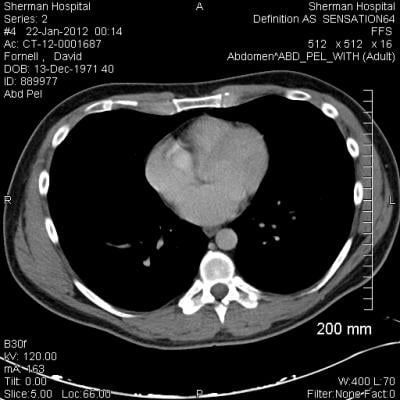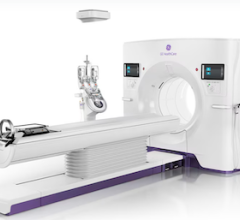
April 18, 2013 — The Obama administration has released the long-anticipated budget proposal for fiscal 2014. Although the document did not include specific reductions in reimbursement for advanced diagnostic imaging services, the fiscal 2014 budget would largely exclude certain imaging services from the in-office ancillary services exception (IOASE) to the Stark self-referral law and calls for prior authorization for advanced imaging services.
The fiscal 2014 budget recommends the exclusion of certain services, specifically advanced diagnostic imaging, radiation therapy and physical therapy, from the IOASE to the Stark self-referral law. This particular self-referral policy proposal, however, provides an exception "in cases where a practice meets certain accountability standards, as defined by the secretary." No further details are available at this time to further clarify this portion of the policy. According to documents recently released by the Office of Management and Budget, closure of this loophole is expected to save the government $2.14 billion over five years and $6.05 billion over 10 years.
While the Obama administration includes provisions supporting the imposition of third-party, prior authorization for the most expensive imaging services, the budget document essentially renders this concept meaningless by acknowledging that no savings can be generated from this policy. Favorable past recommendations from the Government Accountability Office as well as expanded use in the private sector are the primary reasons cited by President Obama in support of prior authorization services.
"First and foremost, the College is pleased that the Obama administration correctly recognized the need to avoid any further injurious reductions in imaging reimbursement within its latest budget proposal," said, Paul Ellenbogen, M.D., FACR, ACR chairman of the board of chancellors. "It is also truly gratifying to see that, after many years of persistent advocacy by ACR’s membership, leadership and staff, in concert with our colleagues at the Alliance for Integrity in Medicare (AIM), the Obama administration is finally recognizing the importance of stopping abuse of advanced diagnostic imaging services through the Stark self-referral loophole. Nevertheless, we recognize that the policies outlined in the fiscal year 2014 budget, especially those pertaining to self-referral, are not binding legislation and much more work is needed to be done before these changes are enacted into law."
For more information: www.acr.org


 February 02, 2026
February 02, 2026 









